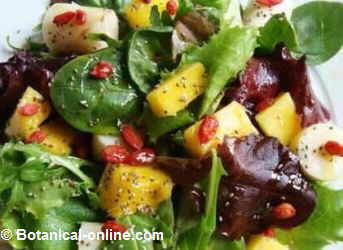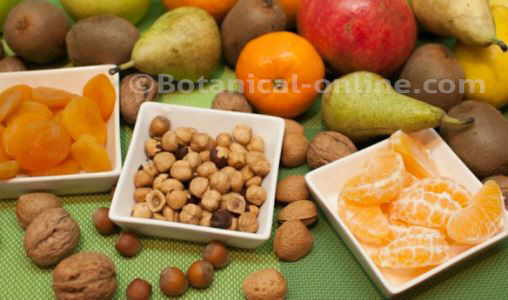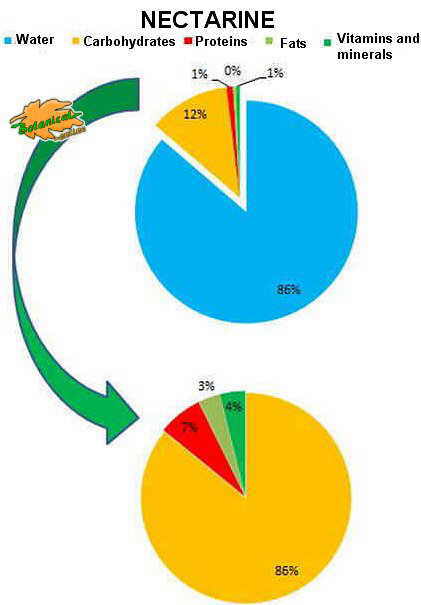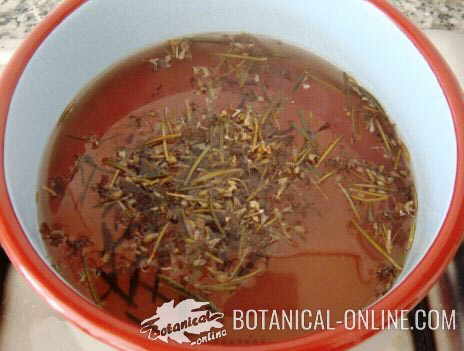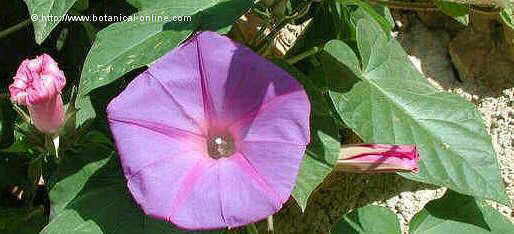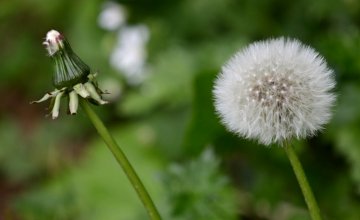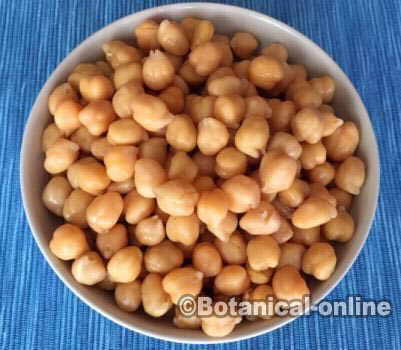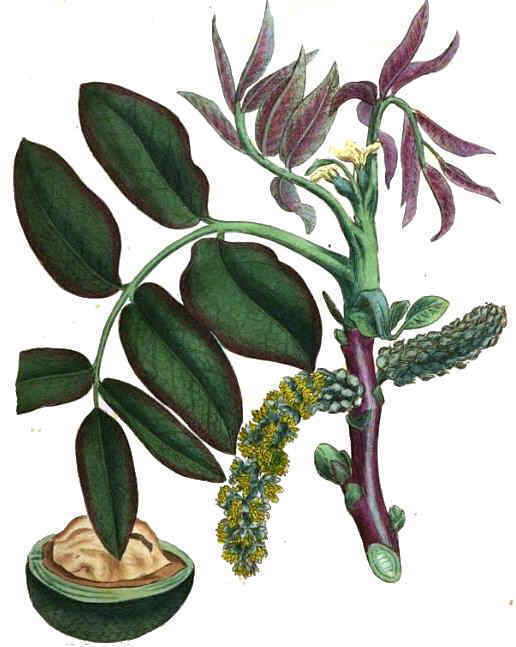Contents
- 1 What to eat if you have constipation and irritable bowel
- 1.1 FOODS TO SOLVE CONSTIPATION IN IRRITABLE BOWEL SYNDROME
- 1.2 What can be eaten to solve constipation in irritable colon?
- 1.3 Feeding for constipation in irritable bowel
- 1.4 Foods rich in fiber for constipation
- 1.5 Use herbs and aromatic spices to treat constipation
- 1.6 Is it recommended to eat whole products for constipation?
- 1.7 Laxative foods that help evacuate
- 1.8 Some supplements that may be interesting:
What to eat if you have constipation and irritable bowel
FOODS TO SOLVE CONSTIPATION IN IRRITABLE BOWEL SYNDROME
What can be eaten to solve constipation in irritable colon?
The recommended diet to help improve irritable bowel syndrome is very similar to a healthy diet for the whole family. In episodes of constipation recommended healthy eating bases with the following tips:
- Eat in a quiet environment
- Proper natural diet: A diet with plenty of fruits and vegetables, quality oils, aromatic herbs, etc. is recommended.
- Add seeds or dried fruit to the dishes: Seeds such as chia, flaxseed meal or dried fruits such as raisins, plums or goji may be highly recommended.
- Much hydration throughout the day to hydrate the fiber in the diet and help form fecal bolus.
- Reduce stress, with relaxation therapies.
It must be accompanied by satisfactory medical and psychological treatment. It is advisable to go to a nutritionist if there are doubts about feeding.
Feeding for constipation in irritable bowel
Some of the most recommended foods for people with constipation and irritable bowel syndrome are:
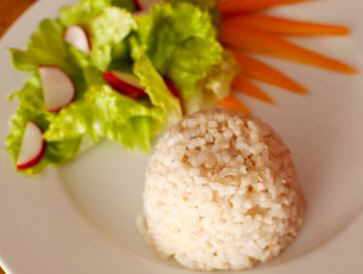
Brown rice with salad. Brown rice is recommended for constipation. It is recommended to wash and soak for 2 hours or overnight.
- Whole grains and tubers: The most recommended are brown rice (after soaking for at least 2 hours), potatoes and sweet potatoes. Whole grains accumulate traces of pesticides and phytosanitary products in the husk, so it is recommended to consume them ecologically.
- Legumes: It is recommended to eat a plate of legumes about 2 or 3 times a week because they provide a lot of fiber as well as a high nutritional value. The best tolerated legumes are chickpeas and lentils.
- Virgin olive oil, or unrefined seed oils (sunflower, etc.).
- Fruits: Fruits provide a lot of water and soluble fiber. 3 pieces of fresh fruit per day are recommended, whole (no juices or juices): Avocado, apples, pear, compote, baked apples, bananas, medlars, mango, etc. )(* Related information: Importance of eating fruit in constipation )
- Vegetables: It is recommended to eat vegetables daily that provide fiber, which tend to sit best are carrots, squash, chayotes, zucchini, seaweed, broccoli, cream of vegetables, mashed potatoes, cauliflower, nettles, artichokes, spinach, lettuce, dandelion, , asparagus, violet, mallow, cochayuyo, okra, etc.
- Dry fruit: They provide much more fiber than fresh fruit. It is recommended to soak previously to moisturize, or eat with plenty of water. Ideal for breakfast, salads or snacks: fig bread, dried plums, raisins, goji berries, dates, dried apricots, etc.
- Nuts and seeds: They are recommended raw and without salt, preferably with previous soaking. Optionally some can be toasted in the pan: almonds, sunflower seeds, pumpkin seeds, walnuts, sesame, Brazil nuts, etc.
Foods rich in fiber for constipation
In general, it is advisable to take a diet rich in fiber when the irritable bowel problem manifests itself in the form of constipation.
The most recommended fiber is soluble fiber, which acts as an intestinal regulator, and should always be present in the diet, such as that provided by the apple, pears, vegetables (carrots, potatoes, sweet potatoes, broccoli, lettuce, etc.). seeds (sesame, chia, flaxseed), etc. (Consume these fruits and vegetables frequently.
Green banana is very rich in resistant starches and can be consumed as a prebiotic food. (Boil and eat it as a vegetable or prepare delicious desserts like truffles with cocoa, brownie without flour, etc.)
Whole grains, such as brown rice, buckwheat, millet, quinoa , or legumes (lentils, chickpeas, beans, etc.) can also be highly recommended. The right thing to do is to wash and soak these grains before consuming them (preferable throughout the night), so that they are better digestible (their saponins, phytates and antinutrients have to be eliminated because could cause intestinal discomfort).
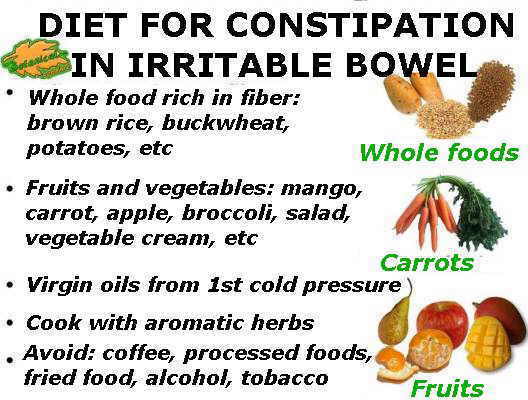
Summary of diet recommended for constipation in people with irritable bowel syndrome
Use herbs and aromatic spices to treat constipation
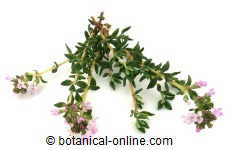
It is recommended to cook with aromatic herbs, such as thyme
Aromatic herbs, in addition to providing flavor to the dishes, they have antibiotic properties that help to a certain extent to fight against infectious bacteria and intestinal putrefaction that can occur in people with constipation. For this reason it is recommended to cook with aromatic herbs:
- Add garlic, onion and leeks (raw or undercooked); laurel, turmeric, thyme, rosemary, cumin, caraway, anise, cinnamon, etc.
- Spicy spices and condiments in moderation (pepper, natural mustard).
- Avoid irritants like cayenne.
Is it recommended to eat whole products for constipation?
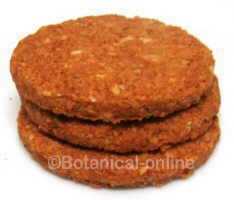
Whole cookies are not suitable options. It is better to eat nuts or dried fruit.
Whole products are not as recommendable as whole grains mentioned above. Whole wheat bread or whole grain pasta, although they are foods that contain a lot of fiber, should be consumed in moderation because the type of fiber they contain is slightly irritating (insoluble fiber from wheat bran).
When whole foods are consumed or very rich in fiber, it is important to accompany them with plenty of water. The water prevents the formation of blockages or intestinal plugs.
Other processed foods, such as fiber cereals (which contain a lot of bran and a lot of sugar) or whole grain crackers (which usually contain, in addition to bran, a lot of fat and a lot of sugar) are not recommended.
Its high content in bran makes them irritating and can produce diarrhea or even intestinal plugs. In addition, at the nutritional level they do not provide anything interesting that does not contain natural foods.
Laxative foods that help evacuate
In periods of constipation, the use of foods such as those mentioned may be adequate: wholemeal bread, nuts, seeds (ground chia or flax seeds) and whole grains.
Along with these foods should continue to provide a lot of hydration, fruits and vegetables in the diet.
Some supplements that may be interesting:
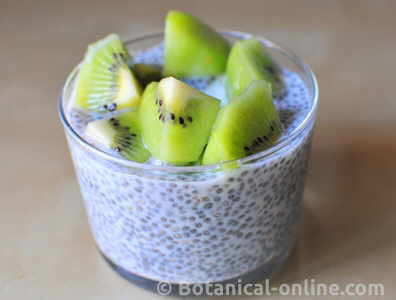
Chia pudding. Highly recommended for constipation
- Seeds of flax or Chia seeds: They are suitable because, due to their high content of mucilage fiber, they help to evacuate. (Take 1 teaspoon of ground seeds with a glass of water)
- Oat bran: It is rich in soluble fiber and in many patients with irritable bowel helps them to improve the problems of constipation or mild diarrhea. The most effective solution is to take three tablespoons daily divided into three doses diluted in half a cup of fruit juice.
- Apples : Its high content of pectins make them a good regulator of the intestine apparatus, so that it is a mild laxative in cases of constipation, especially when eaten in the early hours of the morning.
- Algae: Brown algae such as wakame, nori, kombu, cochayuyo or arame provide a lot of fiber interesting for constipation, as well as other minerals and nutrients. (Cream with seaweed, salad with seaweed)
- Carrots: They are good intestinal regulators, equally able to avoid constipation, as at the same time, for its richness in pectins, soothing diarrhea. (Cream of carrot, raw carrot, etc.)
* Related information:
– Diet for irritable bowel with diarrhea
– Irritable bowel syndrome supplements
– Prohibited food for irritable bowel
– Recommended food list for irritable bowel
![]() More information on irritable colon and its natural treatment.
More information on irritable colon and its natural treatment.

